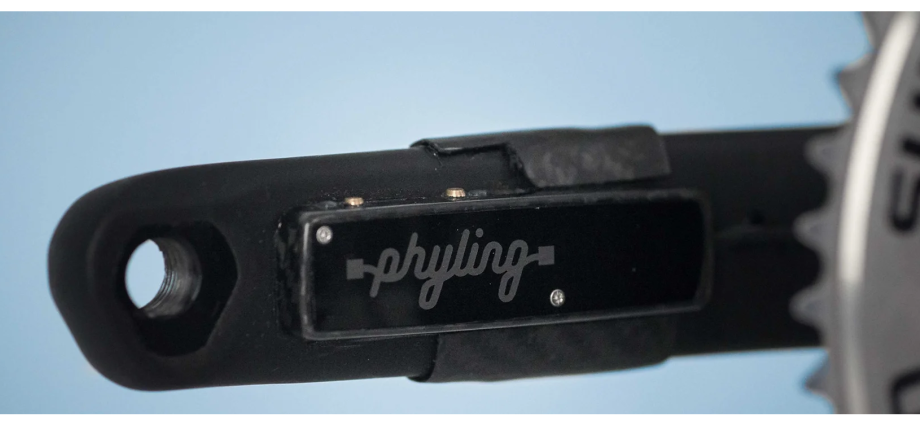Focus on sports performance

It all began in 2015, on a rowing machine. Romain Labbé and Jean-Philippe were doing their thesis at the Hydrodynamics Laboratory (LadHyX*) of the École Polytechnique, studying the flow of water around the hulls of boats and their propulsion. The two doctoral students are seeking to understand the fluid mechanics involved in this sport and determine the best way to propel the craft. "The French rowing federation was very interested in our results. However, we had to take on board some very heavy laboratory equipment and mobilize two engineers for its implementation," recalls Romain Labbé. The need for miniaturization was soon felt, marking the starting point of their adventure.
Unrivalled measurement precision
The two young doctors designed their first embedded sensors connected to an application. Although the system may appear rudimentary, the data generated is relevant and perfectly suited to the needs of athletes and their technical entourage, enabling them to adapt their movements to the performance they are aiming for. Several sports federations and even research laboratories then approached the two scientists. In 2018, once they had defended their thesis, the two young doctors took advantage of Paris's bid for the 2024 Olympic Games to develop their entrepreneurial project while meeting the needs of the federations and scientists involved in the Sciences 2024 project. Phyling was launched and able to offer a level of measurement finesse hitherto unheard of in many high-level sporting disciplines (sports shooting, tennis, athletics, kayaking...).
"For example, we offer the French Cycling Federation sensors that measure pedal forces 200 times per second. Where conventional devices record a measurement point every 5 seconds", says Romain Labbé. To achieve this result, Phyling's founders challenged their knowledge of materials mechanics and electronics, developing considerable expertise in the field of strain gauges. These sensors consist of an electrical wire that snakes its way around a given piece of equipment, in this case the pedal assembly. Depending on the forces to which it is subjected, the latter deforms and the wire is pulled or compressed, inducing a micro-variation in its electrical resistance. "Our added value is to instrument the equipment. In other words, we study precisely where to install our device without modifying the support, and optimize the electronics to be added to amplify the signals and measure this resistance with finesse", explains the manager. In other words, each sensor is unique, specific to a particular application, and requires extensive calibration and testing.
Beyond top-level sport
The Palais-based team offers a complete solution to athletes and their trainers, from the sensor to the data analysis software. It is around this last point that they are working, paving the way for new software and algorithmic developments that will facilitate the use of the data collected. But today, the tools offered by Phyling are no longer confined to top-level sport. Manufacturers specializing in the design of hydraulic motors are seeking to understand the stresses inflicted by their products on the machines they equip. The issues to be addressed are the same as those between a cyclist and his crankset. Romain and Jean-Philippe take up the challenge. Sports science still holds many surprises in store.
*LadHyX: a joint research unit CNRS, École Polytechnique, Institut Polytechnique de Paris, 91120 Palaiseau, France













